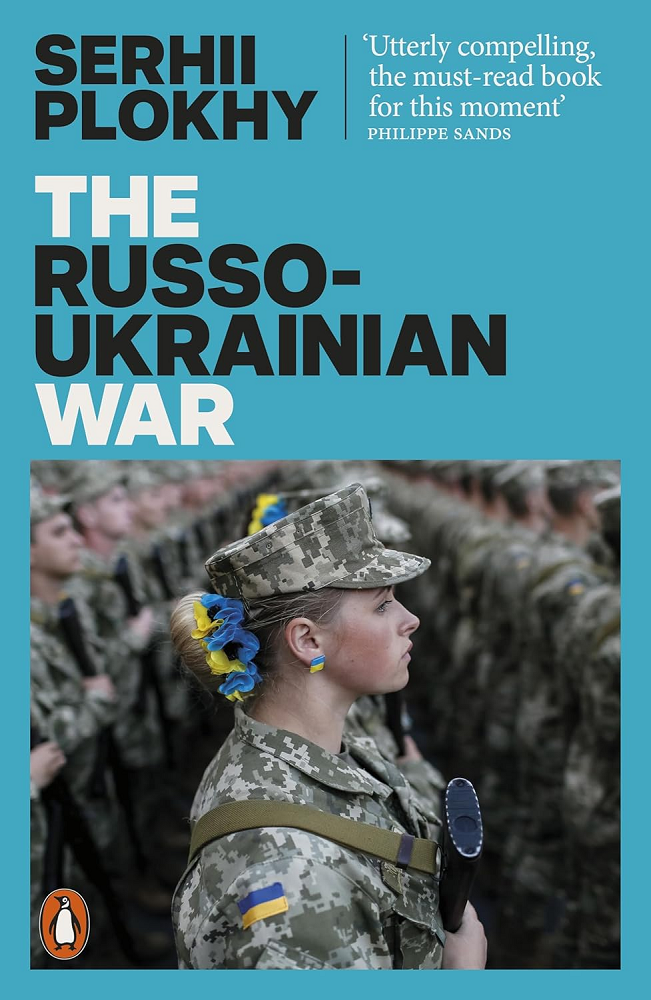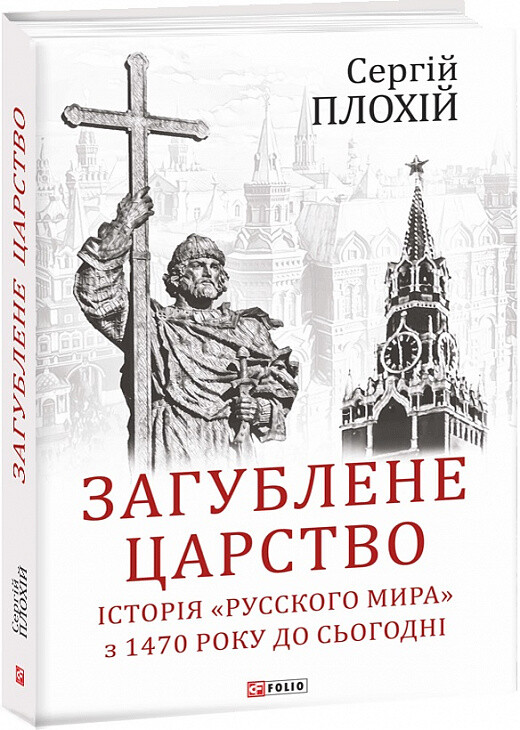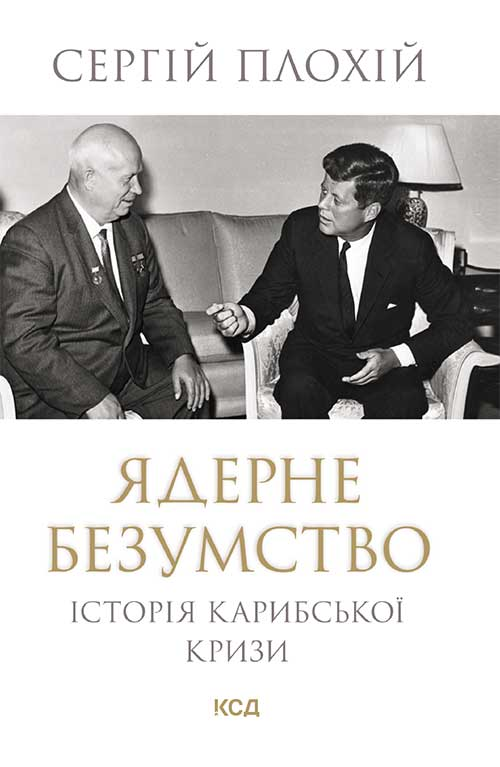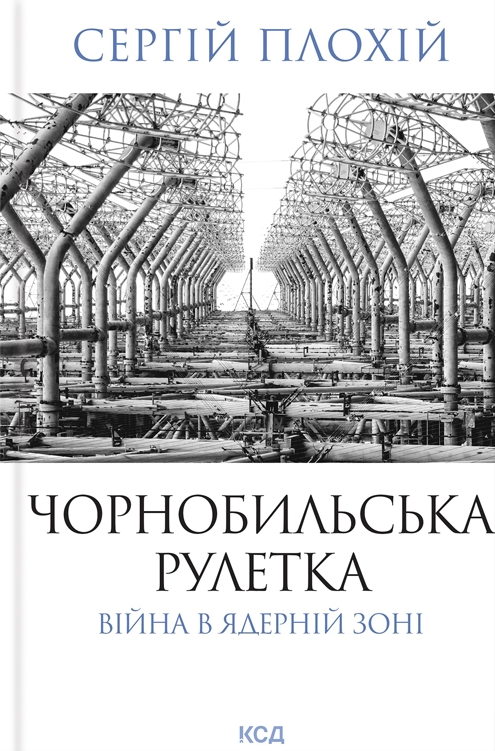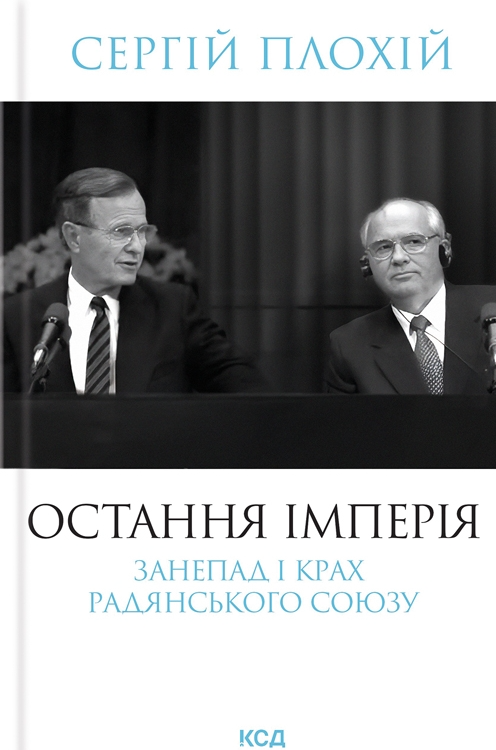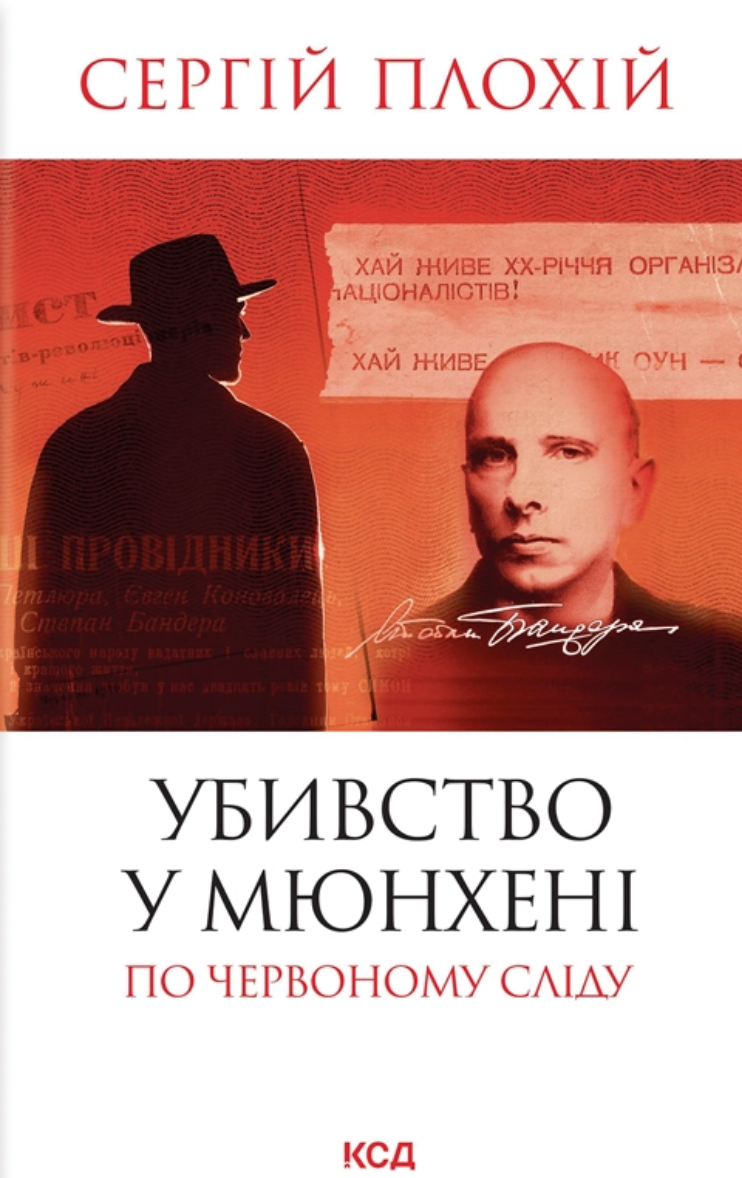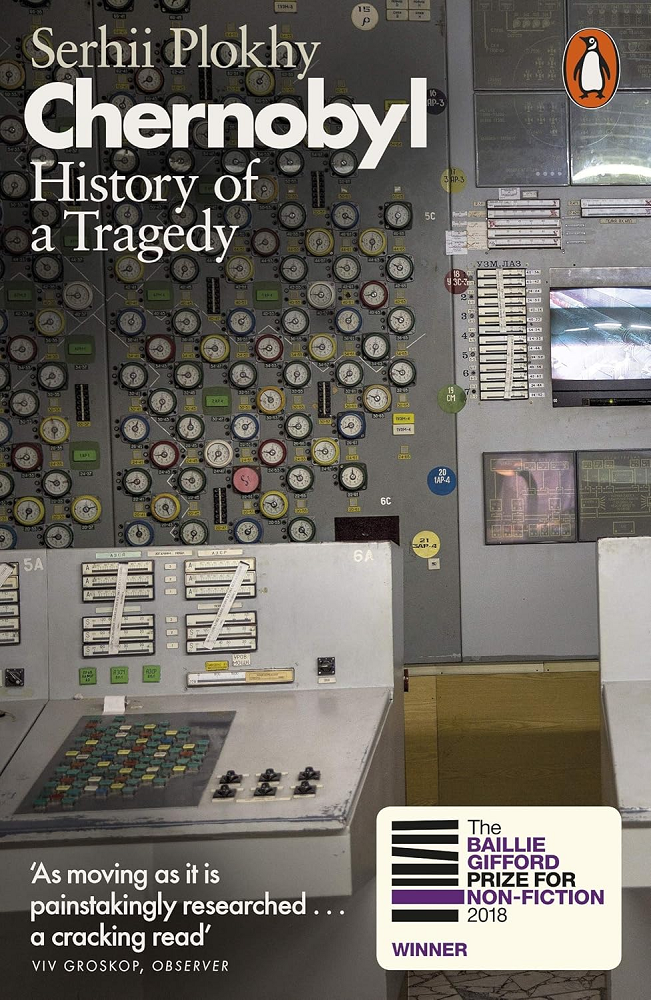The Russo-Ukrainian War: The Return of History
Chosen as a Book of the Year by The Financial Times Telegraph, Prospect
The best account of the ongoing conflict — its preconditions and its present-day horrors, — Prospect
Do you know what is at stake in Ukraine? Urgent, compelling reading from the author of Chernobyl on the defining conflict of our times.
On 24 February 2022, Russia stunned the world by launching an invasion of Ukraine. In the midst of checking on the family and friends who were now on the front lines of Europe's largest conflict since the outbreak of the Second World War, acclaimed Ukrainian-American historian Serhii Plokhy inevitably found himself attempting to understand the deeper causes of the invasion, analysing its course and contemplating the wider outcomes.
The Russo-Ukrainian War is the comprehensive history of a war that has burned since 2014, and that, with Russia's attempt to seize Kyiv, exploded a geo-political order that had been cemented since the end of the Cold War. With an eye for the gripping detail on the ground, both in the halls of power and down in the trenches, as well as a keen sense of the grander sweep of history, Plokhy traces the origins and the evolution of the conflict, from the collapse of the Russian empire to the rise and fall of the USSR and on to the development in Ukraine of a democratic politics.
Based on decades of research and his unique insight into the region, he argues that Ukraine's defiance of Russia, and the West's demonstration of unity and strength, has presented a profound challenge to Putin's Great Power ambition, and further polarized the world along a new axis. A riveting, enlightening account, this is present-minded history at its best.
Best books of summer 2023: Financial Times, The Times, Sunday Times Culture, TLS
Reviews
How did we get here? Serhii Plokhy, a professor of Ukrainian history at Harvard University, looks for an answer to Putin's irrational war in this important and magisterial account. . . He is excellent on the dangers of perverse history, — The Times and Sunday Times Best Books for Summer
The foremost historian of Ukraine turns his attention to contemporary events. He argues that Russia's invasion is an act of old-fashioned imperialism. Plokhy uses his historical perspective to provide an original erudite and very readable account of the roots of the war and its course so far, — Gideon Rachman, Financial Times Best Summer Books
Vladimir Putin's full invasion of Ukraine has made 2021 look like "vegetarian times", to borrow Anna Akhmatova's phrase. I'll be spending three weeks among the scrabbly pitch pines of Cape Cod, and of the stream of new books about the war itself, I plan to bring ... Serhii Plokhy's The Russo-Ukrainian War (Allen Lane), for its historical perspective on Ukraine and the Russian imperial project, — Rebecca Reich, TLS Summer Books
The great chronicler of Ukraine breaks new ground in his rigorous and elegant analysis of Europe's biggest conflict since 1945. Wonderfully readable and deeply personal, — Luke Harding, Observer
This magisterial book by a leading historian explains how long-held Russian imperial delusions lay behind the attack on Ukraine. It brilliantly outlines the dangers of perverse history, — David Patrikarakos, The Times
Erudite, objective and immensely readable. A compelling rejoinder to those who, reductively, still blame Putin's war of aggression on western provocations, and an expression of faith in Ukrainian resilience, — Ben Hall, Financial Times
Plokhy, a Harvard historian who has authored many respected books, is himself Ukrainian. . . this book represents an impassioned plea for his country, — Sunday Times
The world's foremost historian of Ukraine. . . the chronicler of a country on the front lines of a seismic European war, — Financial Times
Impressive and valuable... A clear, reliable and (in the circumstances) remarkably calm account of how we got here, — John Simpson, Guardian
Plokhy has become an international celebrity. His books on Ukrainian history fly off the shelves as a domestic and international audience look to understand the history and culture of the country at the heart of the clash. His writings introduce readers to a history that is rarely taught in the West and explain the region's complex and difficult past, — Daily Telegraph
